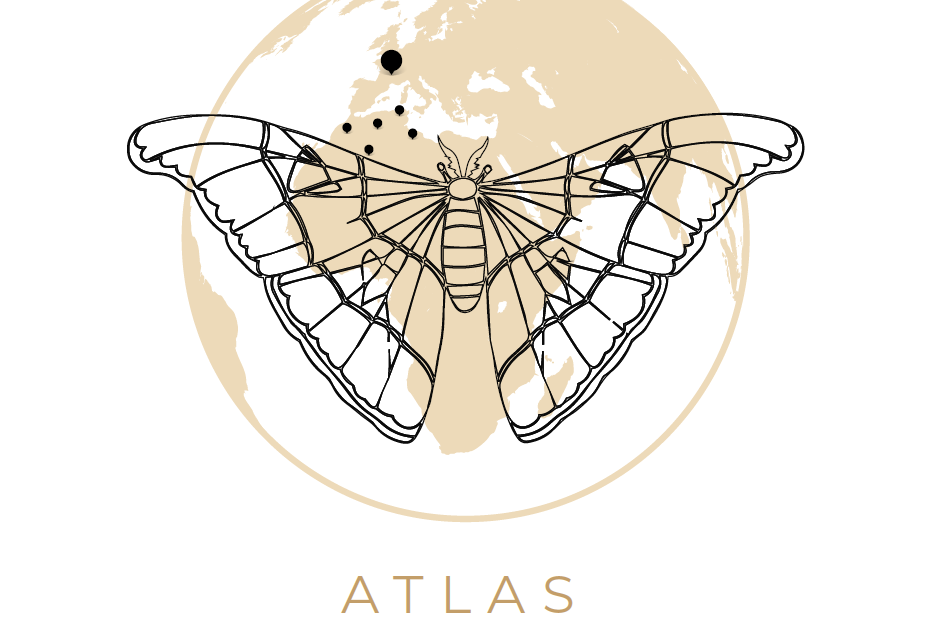Editor's Note: Cynthia Miller-Idriss directs the Polarization and Extremism Research and Innovation Laboratory (PERIL) at the American University in Washington DC Her book “Hate in the Homeland: The New Global Far Right” will be published in October by the Princeton University Press. The opinions expressed here are his. Read more articles like this at CNNe.com/opinion.
(CNN) - "I don't know what happened, I only know that as a child he wasn't raised that way."
These are the words that Dylann Roof's father said to a journalist after his son was sentenced to death for the murder of nine African-American worshipers at a church in Charleston, South Carolina. Authorities revealed that, following his arrest in 2015, Roof told investigators that he had killed those studying the Bible to start a racial war.
In fact, Roof's path of radicalization began with an online search that led him to a white supremacist website. In his manifesto and during the interviews with the Police, Roof highlighted the importance of that search and pointed out that "it had never been the same since that day."
Parents whose children have perpetrated racist or extremist acts often respond with similar words: "He didn't learn that from us!" or "Those are not our values!" they are common statements. White families often point out that they raise their children so that they do not perceive differences in “color” with phrases like “we are all the same”, but without explicit conversations about race, as their way of instilling “good values”.
But as many experts have pointed out, silence about racism leaves white children to draw their own conclusions about the inequalities they observe or ignore entirely. Values alone cannot always compete with what children and teens find online.
And with children who have more time to spend online during the covid-19 pandemic, there is an increased risk of exposure to bad influences and ideas from extremists.
Extremists, who see the world divided into hostile identity groups ("us against them"), quickly mobilized during the pandemic and national protests for racial justice. White supremacist militants have circulated propaganda and conspiracy theories about the covid-19, mistakenly blaming immigrants or Asians and trying to attack Jews or the police. Some members of far-right groups have used the protests over the death of George Floyd at the hands of the Police for their own purposes, with the aim of triggering a civil or racial war, and are working to incite violence in peaceful protests. A Ku Klux Klan leader in Virginia has been prosecuted for a vehicle ramming incident, one of dozens that have occurred since these protests began.
Under normal circumstances, young people are already a vulnerable population to radicalization. Adolescents are prone to risk taking and are in the midst of identity exploration, seeking answers to questions about who they are and who they want to be. They may be drawn to the sense of rebellion offered by extremist groups, as well as promises of belonging and purpose.
But children and teens may be at even greater risk of radicalization during the pandemic, as they may experience higher rates of anxiety, depression, and isolation. To make matters worse, many children have lost the networks of peers and adults, such as teachers, employers, and coaches, who can usually notice red flags in their behavior.
Parents or caregivers are now the leading adults who can recognize the warning signs and intervene in the early stages of radicalization, and there are several action steps they can take, even during a time that is understandably overwhelming. for new challenges for adults in charge of children.
Being aware of risk is a good place to start. Even before the pandemic, the Anti-Defamation League investigation found that nearly a quarter of gamers were "exposed to discussions about the ideology of white supremacy" while playing online. Gaining a solid understanding of how your children spend time on the internet is key, especially if it includes encrypted platforms, anonymous apps, or online communities that may be toxic. (A list of sites, platforms, and apps to look out for, along with a set of resources for parents and caregivers, is available in this guide that my research lab helped create.)
Parents and responsible adults of minors can be alert to the main warning signs if they listen to what children say. Minors who cite conspiracy theories or refer to others as "fragile" because they cannot resist an anti-Semitic or racist joke have probably been exposed to extremist content, to give one example. And because young people may tend to go further with such online attitudes if they are made to look ridiculous or punished, parents need strategies that go beyond embarrassing them.
The most effective approaches include talking to teens and young adults about a way to check that the sources of information they access are valid, how online manipulation works, and how propaganda can come in the guise of humor. Research shows that learning about junk food ad manipulation reduces children's positive views of unhealthy food more than by teaching them about the consequences of poor eating habits alone. And the same study suggests that the same thing happens when it comes to making people aware of manipulation strategies in terrorist propaganda.
Radicalization prevention is not just about recognizing the risk. Parents and caregivers can work to build resilience to extremist narratives by modeling kindness, empathy, and finding ways to give children a sense of control over their lives. Strengthening an infant's sense of positive identity can reduce vulnerabilities to extremist promises of belonging and purpose.
Fostering deep engagement with a wide range of ideas and people is also important. Research shows that the more time people spend in like-minded groups, the more likely they are to move to extremes.
None of this will work if white families remain silent about the legacy of structural racism in this country. Simply telling children that "we are all the same" when their black and Hispanic peers clearly have unequal experiences makes it more difficult for white children to recognize and challenge white supremacy. Open and ongoing conversations with white children about race and racism are essential.
This is not the first time that we have faced an increased risk of radicalization. After Barack Obama's election as the first African-American president of the United States, there was an increase in the number of militants and hate groups.
But 2020 is a unique year for various reasons. The vast and evolving ecosystem of online toxic spaces, combined with potentially unprecedented amounts of time online and increased anxiety and isolation for some, have created a perfect storm for recruiting extremists. It is up to all of us to stop it.







